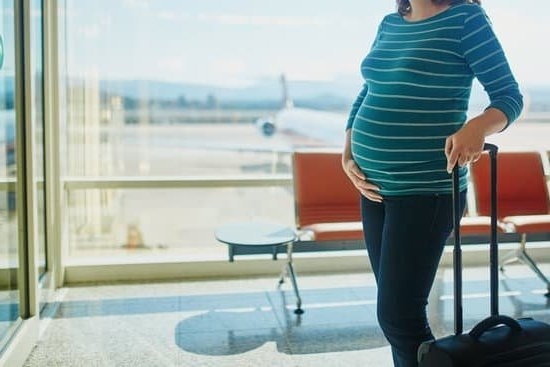Piles in Pregnancy: A Comprehensive Guide
Pregnancy can cause a host of changes throughout your body, many of which affect your bowel movements. One of the most common of these is piles, more properly known as haemorrhoids. It can be a particularly uncomfortable and even embarrassing condition, but it’s also highly treatable. Read on to discover what piles during pregnancy is, what causes it and how you can best manage it.
What are Piles?
Piles are swellings or lumps caused by enlarged and/or inflamed veins in your rectum or anus. They can occur both internally – meaning inside the anus – or externally. The external piles are generally the most easily noticed, causing bleeding in the area during bowel movements and itching. However, internal piles can also cause a great deal of discomfort, with the swelling pressing against the area.
What Causes Piles During Pregnancy?
Pregnancy piles are caused by the unique changes your body undergoes during pregnancy. The most significant of these is an increase in the hormone progesterone. This causes the walls of your blood vessels to relax, leading to the presence of piles.
During pregnancy, most women also experience changes in their bowel movements. This is due to several factors including their changing diet, the pressure of their expanding uterus, and changes in their hormone levels. These changes can make it more difficult to go to the toilet properly. Straining to pass hard stools can contribute to piles during pregnancy.
Symptoms of Piles
The most common symptom of piles is bleeding during a bowel movement, usually in the form of bright red blood. Additionally, you may experience itching and soreness around the anus or lower rectal area. In some cases, you may also feel a lump or strange shape protruding from the anus.
Treating Piles
Home Remedies
There are several home remedies you can try that can help to reduce your piles.
- Eat foods high in dietary fibre – such as wholegrains, beans and pulses – to soften and encourage regular bowel movements.
- Avoid foods that are high in fat, as this can contribute to constipation.
- Drink plenty of water to stay hydrated and encourage good digestion.
- Soak in a warm bath for 10-20 minutes to help soothe anal discomfort.
- Apply an ice pack for 10 minutes at a time to reduce pain and swelling.
Medical Treatments
If your piles do not respond to home remedies, your doctor will likely prescribe more aggressive treatments. This may include:
- Creams and ointments – Your doctor may prescribe a topical cream or ointment to reduce itching and irritation.
- Prescription pain killers – Your doctor may either prescribe over-the-counter medicines or something more potent if your pain is severe.
- Laser or heat treatments – These treatments can be used to shrink and remove piles in more serious cases.
Living with Piles
If your piles have not been cured after the delivery of your baby, or have arisen due to the natural ageing process, there are several precautions you can take to reduce the risk of piles.
- Regularly exercise to maintain a healthy weight and reduce stress.
- Avoid straining or pushing too hard when going to the toilet.
- Toilet train yourself to go to the toilet in the morning to avoid straining early on in the day.
- Eat probiotic-rich foods to encourage a healthy balance of bacteria in the intestine.
- Drink plenty of water and eat a high-fibre diet.
Piles can be an uncomfortable and even embarrassing problem during pregnancy, but they are highly treatable. With the right home remedies, your piles should reduce significantly. If your piles are still present after your baby is born, there are still various measures you can take to keep them at bay. Remember, piles are nothing to be embarrassed about – by understanding the condition and taking proper care of yourself, you can manage your piles and live comfortably.

Welcome to my fertility blog. This is a space where I will be sharing my experiences as I navigate through the world of fertility treatments, as well as provide information and resources about fertility and pregnancy.

